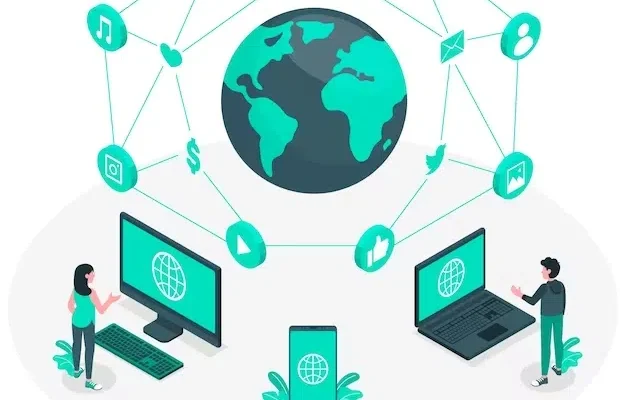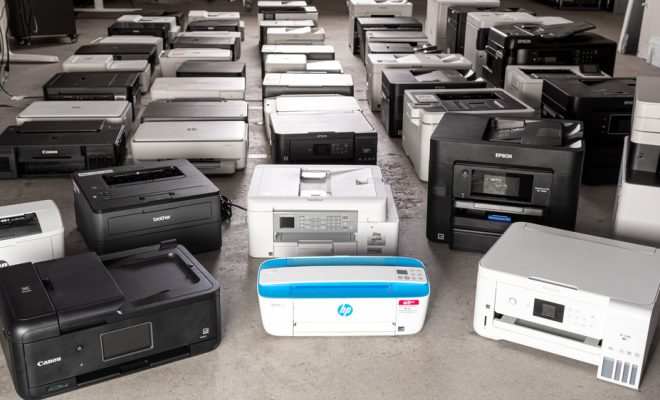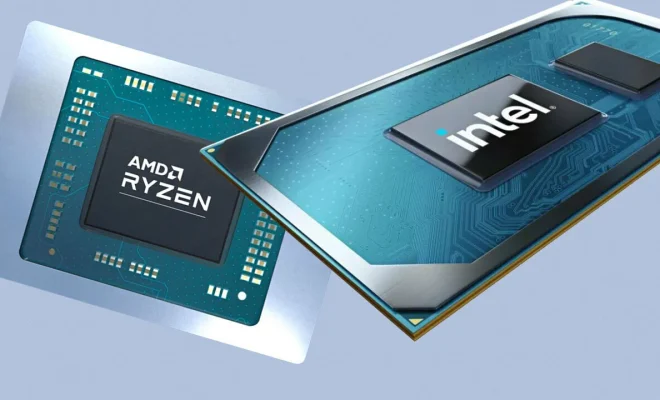What Is a Server?

A server is a computer program or device that provides a service to other programs or devices (known as clients) over a network. The term can refer to both the hardware and software aspects of a system.
In essence, a server is a powerful computer that is designed to manage and store data, files and webpages for a group of clients on a network. The server is responsible for managing client requests, processing data and providing access to shared resources such as printers, files, and databases.
For instance, when a user opens a webpage, the web browser sends a request to the server, which processes the request and sends back the web page to the browser for display. Similarly, when you access a file on a network, the server stores the file and provides access to the file by the client requesting it.
Servers can perform various functions, from simple file and print sharing to complex applications like databases, enterprise resource planning (ERP) systems, and web hosting. They can also be classified according to their purpose, such as web servers, mail servers, application servers, file servers, database servers and so on.
Web servers are one of the most commonly used types of servers, which mainly work to deliver website content to users’ browsers. They can handle multiple requests for web pages, images, videos, or any other files that make up a website.
Mail servers, as the name suggests, are responsible for email transmission and storage. They receive emails sent by users, store and process them before delivering them to their intended recipients, either within or outside the organization.
File servers provide centralized file storage and access to network users. They offer a single location for saving and accessing files shared by multiple users, thus allowing easy collaboration.
Database servers store and manage data, allowing multiple users to access it simultaneously. They can run various types of databases ranging from simple to complex, such as SQL, NoSQL, MongoDB or Oracle.
Finally, application servers provide a platform for hosting and running various business applications. They provide essential infrastructure to deploy, run and manage web-based applications, custom-built software or packaged software.
In conclusion, a server is a vital tool in the modern-day digital world. It provides centralized control over your data and applications, for easy access and sharing among users. Choosing the right type of server that suits your needs is crucial in ensuring that your network runs smoothly and efficiently.






